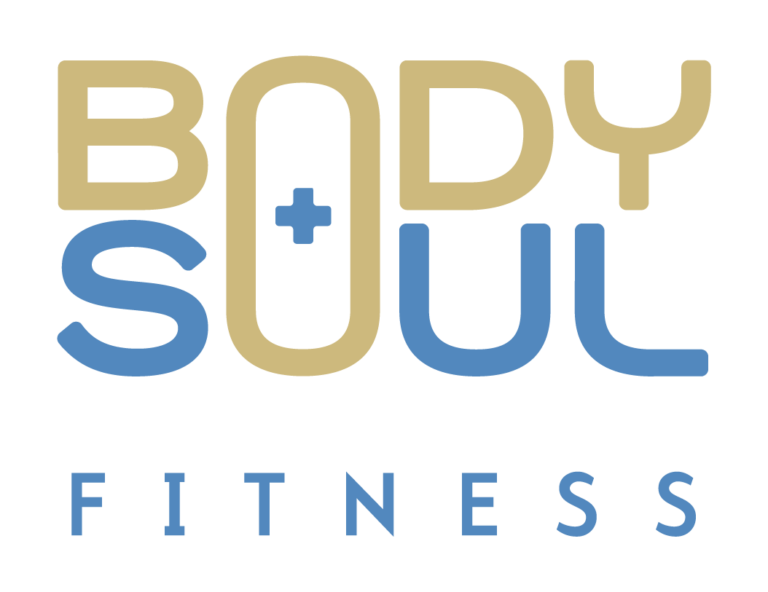More About Lights
Light is a very important factor when it comes to sleep. Whether its natural or artificial, light plays such a large role in our body’s natural rhythm and if we don’t take it into account, it can wreak havoc on our sleep.
From the previous videos, you have learned how to deal mostly with natural light. When it is beneficial and when we want to start avoiding it. Now that we are working on evening behaviors, our conversation switches from natural light, to artificial light. What I’m talking about is light from overhead lighting and lamps and effects of using your phone before bed.
Bright Overhead Lights Can Trick Our Brains It Is Still Day Light
I want to start with lighting that you have in your home. Bright overhead lighting can trick our brains into thinking it is still daytime and does not allow for certain hormonal and chemical processes to happen that ultimately help us sleep. In the evening after about 8pm, it’s a good idea to begin to use lights that are below eye level, like lamps. You can also use bulbs that emit much softer light, that will be much less stimulating. This may seem like a trivial thing to change, but many of my clients notice a calming effect from this change.
Blue Lights On Electronic Devices Has A Negative Affect On Our Sleep
The second source of lighting I want to talk about is light from our electronic devices. This type is more disruptive because it is blue light that is being emitted. Blue light has been shown to have a more stimulating effect than other types of light, thus causing your sleep to be more negatively affected. Blue light has been shown to negatively affect melatonin production in your body. Melatonin is a powerful hormone that is important for falling and staying asleep. Using an Ipad 2 hours before bed can lower melatonin by 23%.
The best way to fix this is to avoid screens in the evening. This may not be possible if you have to work later in the evening or want to watch a show to wind down, so we need a way to offset this as best we can. The easiest fix is to wear blue light blocking glasses. They block the stimulating light that would negatively affect you, so you can still use your electronic devices. There are many brands to choose from, but the most effective one is reasonably priced. I will provide a link below this video.
Many clients ask me if it’s acceptable to just use the ‘night mode’ setting on their phone. Unfortunately, this is not enough of an intervention.
Using blue blocking glasses is a change that most people see the benefits of very quickly and you will be pleasantly surprised. This is especially important for children, so feel free to purchase a pair of glasses for them as well.
I hope you are starting to appreciate the importance of how we manage light in our lives. By managing how you use artificial light, you will improve the quality of your sleep.
In the next video I will discuss what you can do as you are getting ready for bed so you can have a good night sleep.
In this 10-part sleep series, personal trainer Chris Munro emphasizes the importance of getting enough nightly zzz's and regulating your sleep cycle. Explore how to improve your quality of sleep from the moment you wake up until your head hits the pillow.
Explore why regulating your internal clock, or staying consistent with what time you wake up at in the morning is crucial for your health. It will also discuss why using the alarm on your phone is not good sleep practice.
Chris discusses how and why light exposure in the morning, as opposed to sound, can be a great first step in sleep improvement and help you feel better.
Is it really that important to eat breakfast? What about intermittent fasting diets - are they healthy? Chris discusses why it’s bad practice to skip a morning meal, the detriments it can have on your sleep patterns and healthy foods to eat for breakfast.
Do you tend to feel sluggish in the morning? Chris explains how exercising in the morning will not only improve your energy levels throughout the day, but also help your quality of sleep at night.
Chris discusses how to monitor and limit your caffeine consumption so you can still drink coffee without ruining your sleep patterns. He also reviews an average daily step count goal, and the importance of staying active outside of your workouts.
Alcohol makes me drowsy, but does it help me sleep better? Chris outlines a few guidelines for what you should aim to eat and drink in the evening to ensure optimal sleep quality. He explores the negative impact drinking alcohol too close to bed will have on your nightly rest.
Are you on your cellphone and/or iPad late at night? Chris explores how artificial light, including electronics, should be avoided in the evening, and details tips to decrease your exposure.
Chris looks into the many things you can do right before bed, and during sleep that will help you fall asleep faster and improve the quality of your nightly zzz’s. He will touch on things like bedroom temperature and light, routine, and activities to do.
In this final video in this sleep series, Chris emphasizes the importance of consistency and routine. He also addresses a few common sleep problems, such as nighttime wake ups and how to avoid these.

